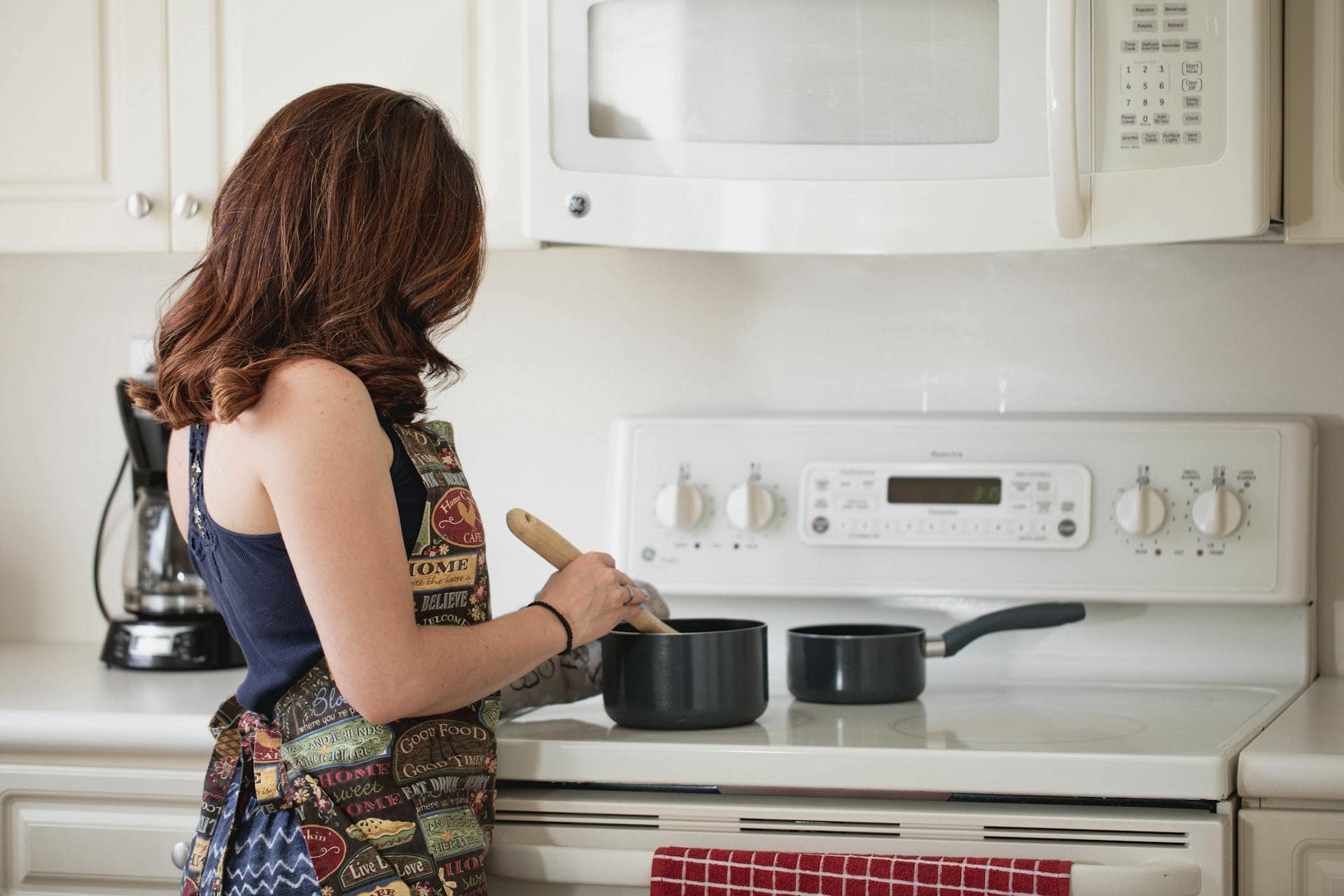
Question: How Do You Know If a Microwave Is Unsafe?
Answer: You’ll know if a microwave is unsafe if you notice things like sparks, smoke, or burning smells. Door damage or the door won’t close properly, food not heating evenly, loud buzzing or grinding noises or the turntable not turning properly.
Is Your Microwave Safe?
Microwaves are kitchen staples. We use them daily to heat food quickly. But how can you tell if your microwave is safe? This question is important for your health and well-being. This article explores key signs of microwave issues. You will learn how to identify potential hazards and maintain a safe cooking environment.
We cover everything from sparks and smoke to door seal problems and unusual noises. We will also discuss the importance of regular maintenance and what to do if you suspect a problem.
Sparks and Smoke: Immediate Danger Signs
Sparks and smoke inside your microwave signal serious problems. Never ignore these signs. They indicate electrical issues that require immediate attention. Stop using the appliance immediately. Unplug the microwave from the power outlet. Contact a qualified appliance repair technician.
Sparks often occur due to arcing. Arcing happens when electricity jumps between two points. Metal objects inside the microwave can cause this. Avoid putting metal in your microwave. This includes foil, twist ties, and metal trim on dishes.
Smoke usually indicates burning food or internal component damage. Do not attempt to use a microwave producing smoke. This could lead to a fire. A professional should inspect the appliance before you use it again.
Click this link to read more about Blue Kitchen Refacing
Related Article: Are Newer Microwaves Safer Than Older Ones?
Related Article: Is a 30 Year Old Microwave Still Safe to Use?
Unusual Noises: Identifying Potential Problems
Loud buzzing, humming, or grinding noises are not normal microwave sounds. These sounds may indicate a problem with the magnetron, the component that generates microwaves. A malfunctioning magnetron can be dangerous. It can cause uneven heating and potential radiation leaks. Do not attempt to diagnose or repair the magnetron yourself.
Other components, like the turntable motor or the transformer, can also create unusual noises. If you hear any new or unusual sounds coming from your microwave, stop using it immediately. Unplug the appliance. Consult a qualified appliance repair technician for diagnosis and repair.
Overheating: Preventing Fire Hazards
A microwave that overheats poses a fire hazard. Check the vents on the back or sides of the appliance. Ensure they are clear from obstructions. Blocked vents prevent proper airflow. This can cause overheating. Dust and debris can accumulate in the vents over time. Clean the vents regularly with a vacuum cleaner or a soft brush.
Running the microwave empty can also cause overheating. Never operate the microwave without something inside to absorb the energy. Even a cup of water is sufficient. Overheating can damage internal components and potentially start a fire. Address overheating issues immediately to prevent further damage.
Regular Maintenance: Ensuring Safe Operation
Regular maintenance is essential for ensuring the safe operation of your microwave. Clean the interior and exterior regularly. Remove food spills and splatters promptly. Wipe down the interior with a damp cloth and mild detergent. Clean the exterior with a damp cloth. Avoid using harsh chemicals or abrasive cleaners. These can damage the appliance.
Inspect the power cord regularly for damage. Look for fraying, cuts, or exposed wires. A damaged power cord can be a fire hazard. Replace a damaged power cord immediately. Follow the manufacturer’s instructions for proper cleaning and maintenance. This will help extend the life of your microwave and ensure its safe operation.
Conclusion – How Do You Know If a Microwave Is Unsafe?
Microwave safety is paramount in any kitchen. Understanding the signs of a potentially unsafe microwave can prevent accidents and protect your health. Pay close attention to sparks, smoke, door seal damage, unusual noises, and overheating. Address these problems immediately. Regular maintenance, like cleaning and inspections, is key to safe and efficient operation.
If you suspect your microwave is unsafe, stop using it immediately. Consult a qualified appliance repair technician for diagnosis and repair. Don’t risk your safety. A properly functioning microwave is a convenient kitchen tool. A malfunctioning one can be a serious hazard. Prioritize safety by following these guidelines. Enjoy the convenience of your microwave with peace of mind.

Blue Malue Get in touch with Blue here.
